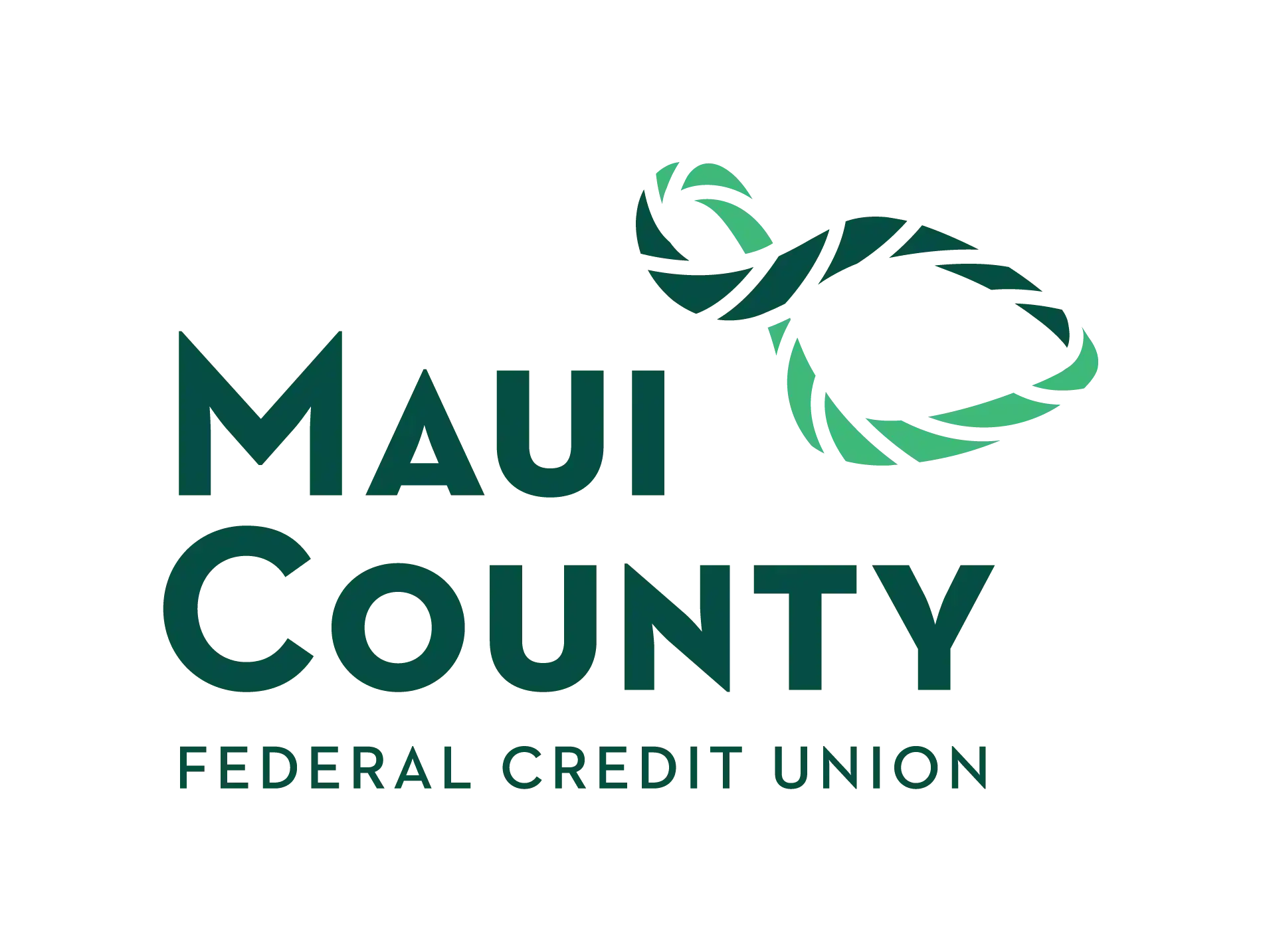Governor Expected to Sign Off on Rail Funding Bailout Bill
The rail funding bailout bill passed out of the House today in a 31-15 vote, and now heads to Governor David Ige, who is expected to sign off on the measure.

Background images courtesy: http://www.honolulutransit.org/ ; Maui Now graphic.
In a statement issued this afternoon, Gov. Ige said, “My cabinet members and I will be doing a final review as we do for all legislation, but I fully anticipate signing the bill before the Honolulu City Council meets on Tuesday.”
Senate Bill 4 will provide about $2.39 billion to complete construction of the rail project to Ala Moana and provide a secure funding source to ensure continued federal support.
House Speaker Scott K. Saiki (Kakaako, Downtown) said after passing this funding bill, it is now up to the City to manage the project in a way that is both accountable to the taxpayers and completed within its budget.
“The legislature has taken on the responsibility of finding a way to fund rail and to secure federal funding,” Saiki said. “I want to thank our lawmakers for working together to reach this compromise.”
The bill will:
· Extend the general excise tax surcharge on Oʻahu for three additional years, from Dec. 31, 2027 through Dec. 31, 2030. This will provide $1.25 billion.
· Raise the hotel room tax charged to visitors (Transient Accommodation Tax) by one percent from 9.25% to 10.25% for 13 years, from Jan. 1, 2018 to Dec. 31, 2030. This also applies to timeshares. This will provide $1.25 billion.
· The hotel room tax is collected statewide and goes directly into the general fund, not to the island where it is collected. Each county receives an allocated proportional share of the tax regardless of total amounts collected. Raising the tax does not change that amount.
· Permanently increase the counties share of the TAT from its current $93 million base to $103 million.
· Reduce the State Department of Taxation’s administrative fee on the GET surcharge from 10% to 1%.
· Require a state run forensic audit of the rail project and annual financial reviews.
The bill also provides that funds collected for rail go into a new Mass Transit Special Fund and rather than simply give the money to the City, and requires the State Comptroller to certify HART’s invoices for capital costs as the project moves forward. This will allow the state to keep track of both spending and construction progress.
This bill addresses the immediate rail construction shortfall by collecting funds upfront through a small TAT increase instead of adding additional years of GET surcharge on the back end. This will reduce the financing costs of the project by hundreds of millions of dollars.
A rail bill that relies solely on GET will continue to tax the poor and increase the cost to taxpayers in the long term. By substantially relying on the TAT, visitors will now bare a significant portion of the financing burden.
Rep. Sylvia Luke (Pauoa, Punchbowl, Nuʻuanu), Chair of the House Finance Committee, said careful thought and consideration went into this bill.
“After hearing testimony from city officials, neighbor island residents and the public, we looked in detail at how to fund rail while creating the least amount of increase on our taxpayers,” Rep. Luke said.
Rep. Henry Aquino (Waipahu) said it is important to support the rail project to relieve traffic congestion for West Oʻahu residents.
“This bill is a compromise that provides the funds to get rail built. When completed, rail will be a great relief for the thousands of people stuck in traffic every day,” Rep. Aquino said. “This bill not only provides much needed oversight on spending by the State Comptroller, it also mandates accountability though audits and financial reviews.”










